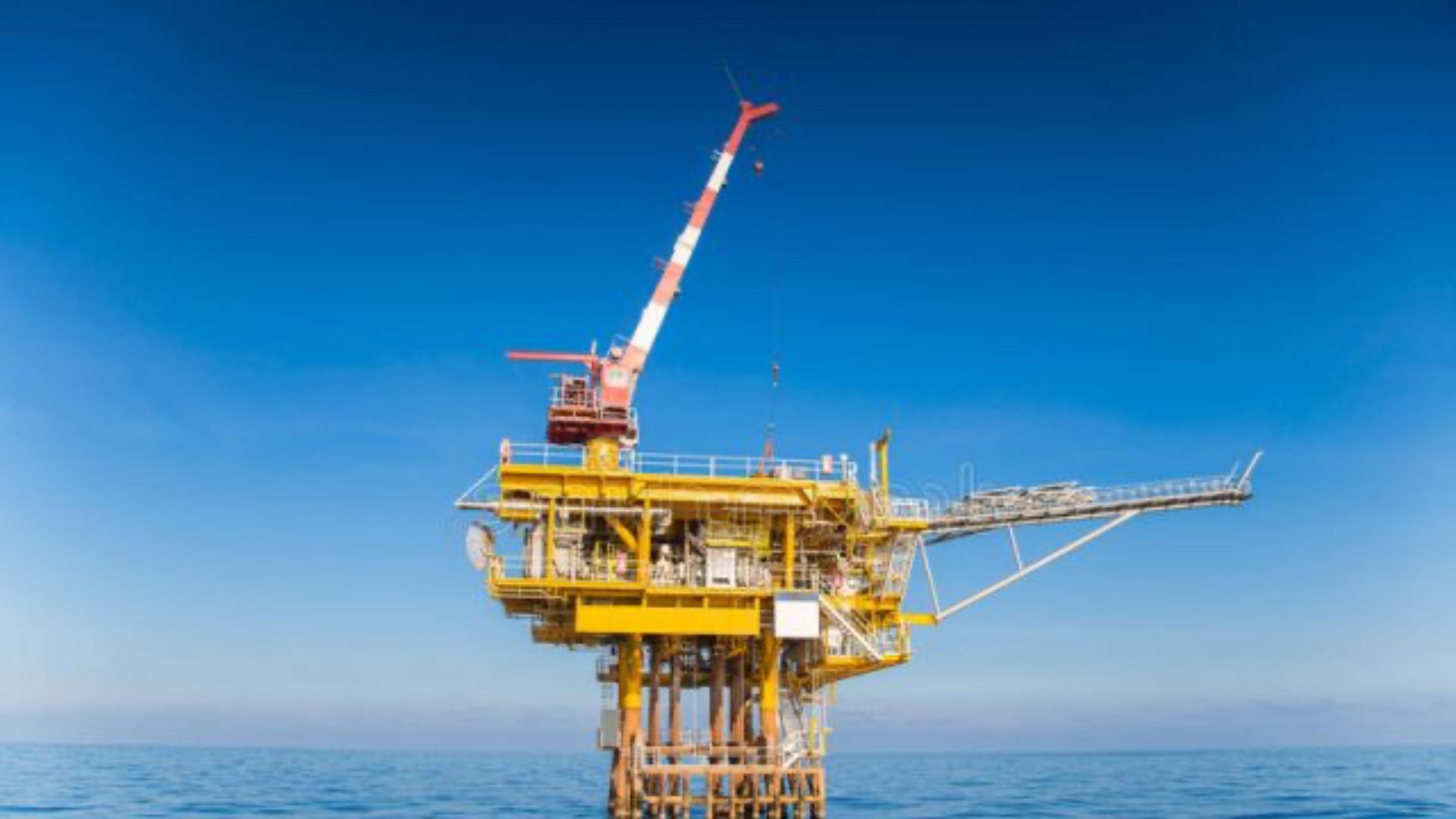Gabon's Oil Reliance and the Challenges of Economic Development and Political Stability
- Gabon | 22 August 2020

Gabon, a country known for its oil wealth and stability, has been heavily reliant on its oil industry, shaping its economic and political landscape. The discovery of oil brought prosperity to the nation, evident in the beautiful promenades of the capital city. With an annual GDP per capita exceeding US$10,000, Gabon stands as an upper-middle-income country in the region. However, this wealth has not been evenly distributed, with a sharp divide between urban and rural populations, leading to a significant poverty rate. Gabon’s heavy reliance on oil has hindered the development of other economic sectors, resulting in a lack of diversification and overdependence on oil exports.
Oil constitutes around 80% of Gabon’s total exports, leaving other sectors, such as timber, uranium, and manganese, with marginal contributions. This reliance on oil has turned Gabon into a rentier economy, heavily focused on the extraction and export of raw commodities without local value adding transformation. Although measures were taken to encourage local processing in other industries, such as wood exports, the oil sector has remained less regulated, allowing for limited industry integration. Additionally, agriculture, despite Gabon’s fertile lands and favorable climate, has been neglected due to the country’s emphasis on oil production.
Gabon’s oil boom did not lead to significant infrastructure development, as foreign oil producers and the government prioritized extractive activities over strengthening logistics networks. The planned road connecting the two most populous cities, Libreville and Port-Gentil, remains unfinished, reflecting the lack of progress in infrastructure projects. The oil industry has also failed to generate substantial employment opportunities for the local population, despite its significant contribution to Gabon’s budget revenue. The limited job creation has resulted in a disconnect between the oil industry’s economic impact and its ability to alleviate unemployment in the country.
Gabon’s economy has faced setbacks, with GDP growth declining from 7.1% in 2010 to a mere 1.2% in 2018, primarily due to depressed oil prices and declining production. This economic downturn led to a doubling of public debt between 2014 and 2017, prompting Gabon to seek financial assistance from international organizations like the International Monetary Fund (IMF). The political stability of Gabon has long been maintained through the Bongo family’s continuous leadership. However, the possibility of a power void and political instability arising from challenges to the president’s authority has raised concerns within the industry.
Gabon’s political life has been shaped by the dominance of the Bongo family, with Omar Bongo ruling for over four decades until his son, Ali Bongo, assumed office. The country’s steady oil-derived incomes have undermined the tax-based democratic relationship between the government and the population. However, as the economy suffered from the 2014 oil price fall, questions of legitimacy and open challenges to the president’s authority arose. The 2016 elections witnessed a razor-thin victory for Ali Bongo, leading to widespread disputes and protests. Moreover, concerns about the president’s health and prolonged absence from office have further fueled political uncertainty and raised questions about his fitness to rule.
Gabon’s heavy reliance on oil has shaped its economic development and political stability. The country’s failure to diversify its economy has hindered the growth of other sectors and exacerbated socioeconomic inequalities. The industry’s dominance has also affected infrastructure development and employment opportunities. Political challenges, including questions of legitimacy and concerns about the president’s health, add further complexity to Gabon’s future. As the country grapples with these challenges, it must explore avenues for economic diversification, address infrastructure gaps, and promote political stability to ensure a sustainable and prosperous future for Gabon and its people.








